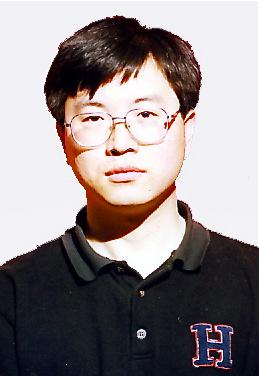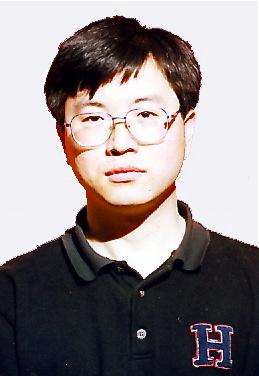Villagers in China have defied communist authorities by calling for the release from jail of their friend, Zhou Xiangyang. And the guards and inmates who applied the “floor anchor” torture to him in Gangbei Prison should be investigated and dealt with according to the law, they wrote.
It is a rare set of circumstances: A young married couple who practices Falun Gong is imprisoned in re-education centers in China and thousands of Chinese have stood up to defend them, challenging the regime on one of the most sensitive political issues to the Communist Party by petitioning for their release.
Amnesty International has taken up the case, sending out press releases and Urgent Action alerts, and lobbying for media coverage. In China, family members and friends not imprisoned continue to write letters calling for an end to the persecution.
“My name is Li Shanshan. I waited for Zhou Xiangyang’s release for seven years from our very first meeting with him to marrying him,” the open letter of the wife begins, written in June 2011. “In between that time he was imprisoned for six years,” beginning in 2003.
She details Zhou’s suffering in prison. “My fiancé was tortured in many heinous ways over a period of four months.” His feet were shackled to a metal ring, his hands cuffed to the ground, and he was shocked with electric batons for days, she writes.
Li Shanshan wrote letters to an alphabet soup of government departments and administrative organs that were supposed to make sure that abuse in jail did not take place. None assumed responsibility.
In January 2006 her home was ransacked and she was jailed for 30 days. She was then released, monitored for two weeks, and finally sentenced to forced labor for 15 months. A security officer told her during an interrogation that “by crying out against Xiangyang’s torture I was attempting to incite a crowd to riot at the prison gate.” She was charged with “inciting subversion of the state,” a grave charge in communist China.
Zhou continued hunger striking to protest his abuse in custody. In July 2009, on the edge of death, he was released on medical parole. He weighed 86 pounds and could only digest liquids. Communist authorities were incensed because his persecution was on record with the U.N. Special Rapporteur on Freedom of Religion, and Gangbei Prison (now called Binhai Prison) was going to be investigated. The prison is in Tianjin, a city of 12 million near Beijing.
Li and Zhou were married after he got out of prison, having been separated for seven years. Their problems were supposed to be over.
But the case went into grim replay beginning March 10 of this year: Police broke into the couple’s home and took Zhou into custody, again torturing him, according to Falun Gong sources.







